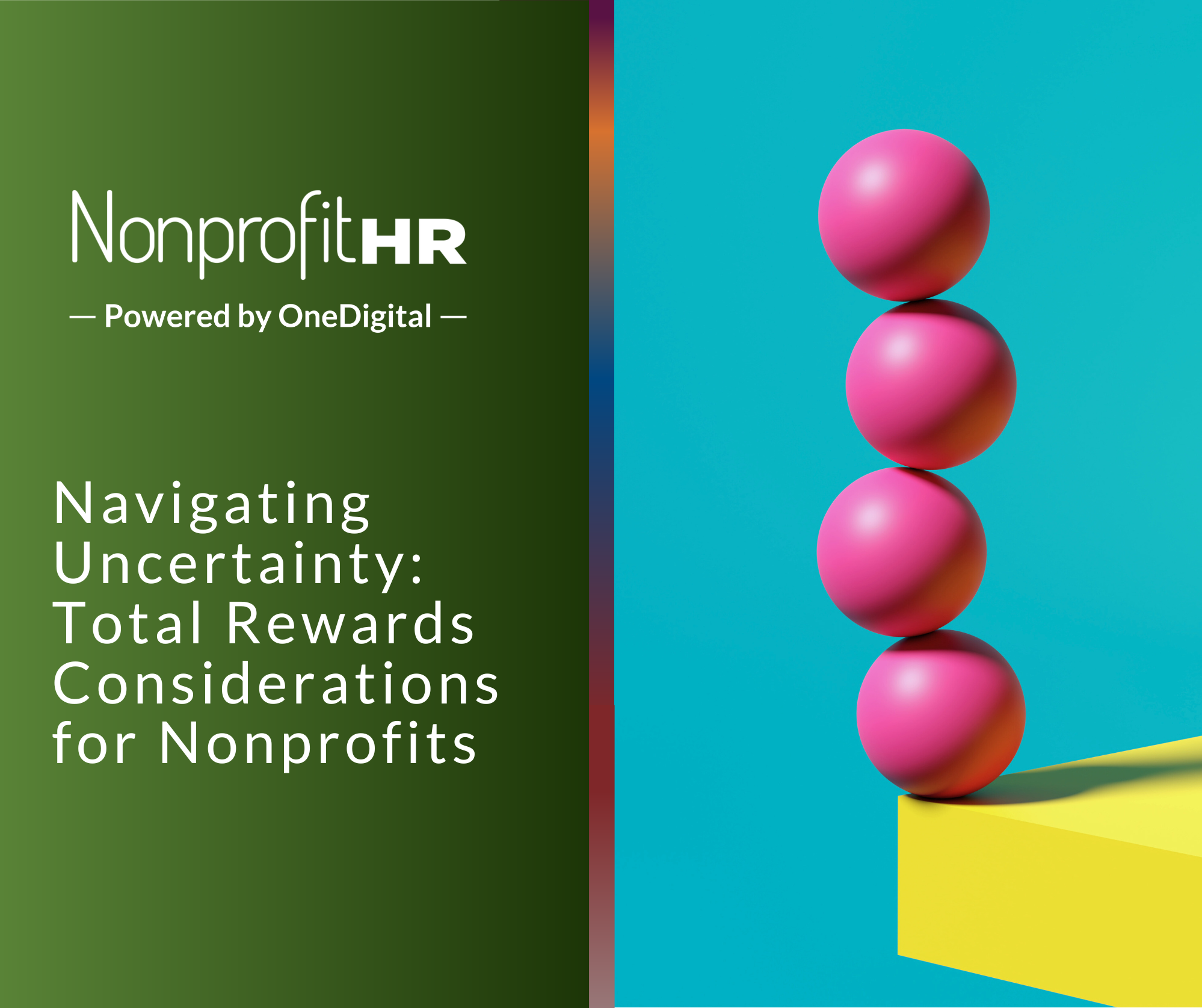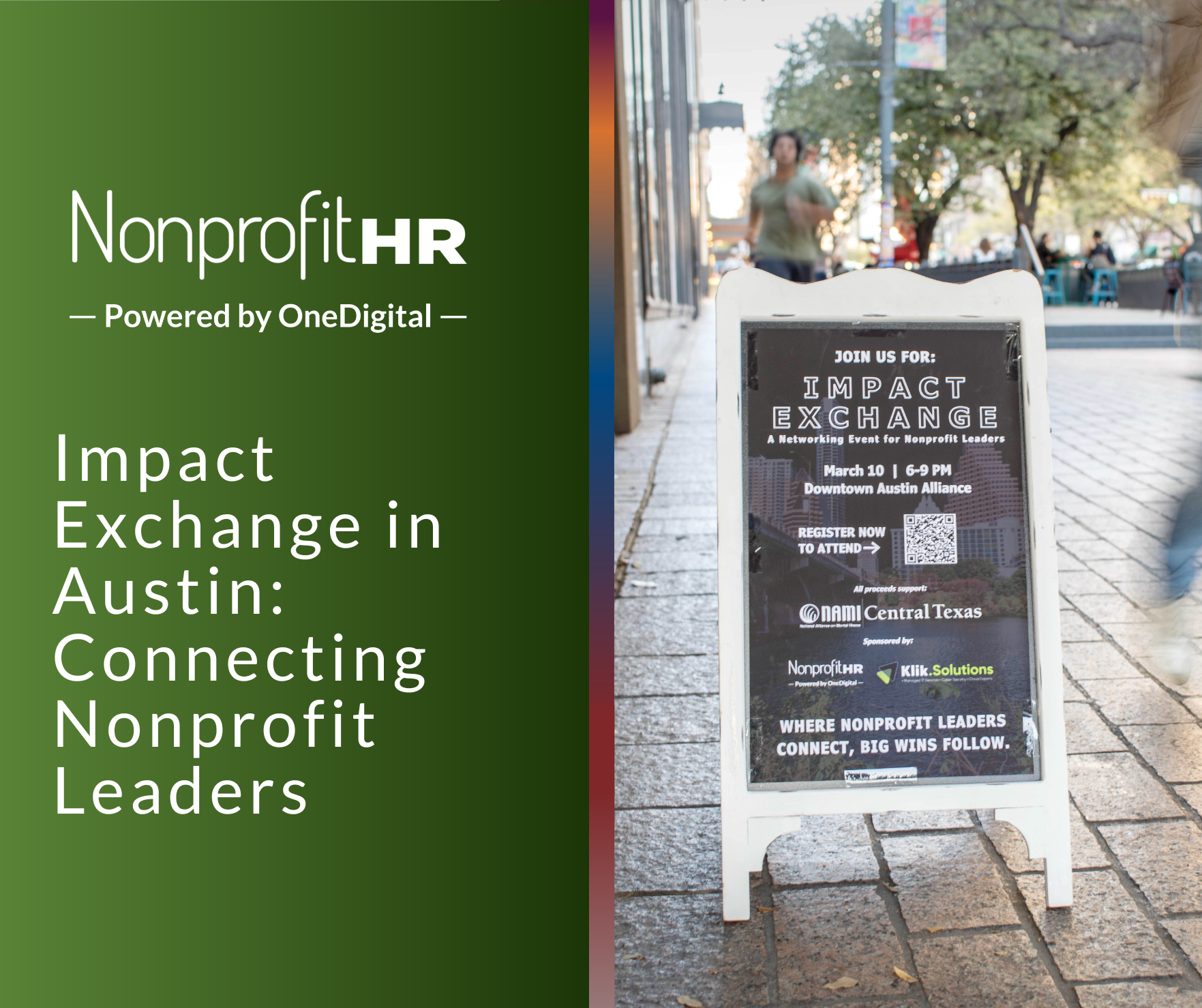WTOP: 5 ways nonprofits can…
“There are a million ways to surf, and as long as you’re smiling, you’re doing it right.” – Unknown author
I recently came across the above quote while casually surfing the internet, and it served as a gentle reminder of why wellness matters. Wellness is not passive; it’s not a specific destination; wellness requires active engagement in making healthy lifestyle choices. Wellness is a journey, with occasional twists and turns. Our well-being directly affects our actions and emotions, which is why wellness should matter to you and in your workplace.
Over the last year, the world has dealt with a pandemic, societal inequalities and life’s various unknowns. The word “anxiety” has seen an uptick in Google searches at record high levels since about March. That fact alone tells you where the world’s state of mind is. Employers should be concerned about how external events impact their employees directly, which consequently impacts their everyday work.
The National Wellness Institute recognizes six dimensions of wellness in our lives: occupational, physical, social, intellectual, spiritual and emotional. Together, these dimensions contribute to a holistic sense of wellness and fulfillment. The National Wellness Institute posed the following three questions for organizations to assess how wellness is incorporated into their workplace:
- Does this help people achieve their full potential?
- Does this recognize and address the whole person (multi-dimensional approach)?
- Does this affirm and mobilize peoples’ positive qualities and strengths?
What can you do today to impact well-being in your workplace tomorrow? Here are some suggestions:
1. Promote your Employee Assistance Program (EAP).
EAPs help organizations prevent and cope with workplace violence, trauma and other emergency response situations. Employees will not turn to EAPs unless they understand what the programs offer, so employers need to promote EAPs. According to the Society of Human Resources Management (SHRM), underused EAPs are a missed opportunity to help workers.
2. Encourage and engage employees with at-home wellness activities.
According to the Centers for Disease Control and Prevention (CDC), excessive stress during a pandemic can cause a lot of physical and emotional challenges for individuals, including:
-
- Difficulty sleeping
- Challenges with concentrating
- Changes in eating habits
- Worsening of chronic health issues
- Worsening of mental health conditions
- Fear about the health of self and others
- Increased use of alcohol, tobacco or other drugs
3. Offer interactive activities that help prevent employee burnout and reduce stress levels.
-
- Coordinate a virtual scavenger hunt
- Start a self-care challenge
- Schedule a virtual cardio instructor
- Lunch & Learn on meditation
While employers play a role in encouraging health and wellness within the workplace, employees are still responsible for ensuring their wellness needs are met. Remember to be kind and set realistic expectations for yourself, family and others around you. Here are a few actions individuals can take to prioritize your wellness:
- Put yourself higher on your priority/to-do list
- Build a work-life balance with baby steps—set small specific goals that can help you move toward greater balance
- Ask for support—have you ever heard of the saying “a quiet mouth can’t be fed”? It holds true and is even more critical now
- Evaluate and recognize your limits then adjust your actions accordingly
- Create a positive affirmation list
“You’ll never feel truly satisfied by work until you are satisfied by life.” – Heather Schuck, The Working Mom Manifesto






























